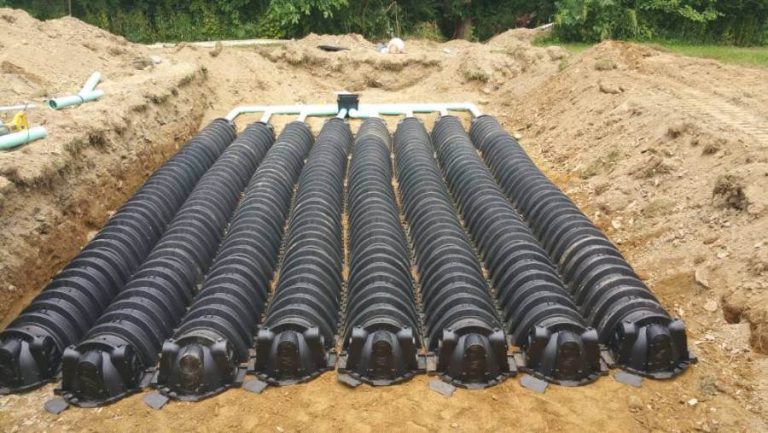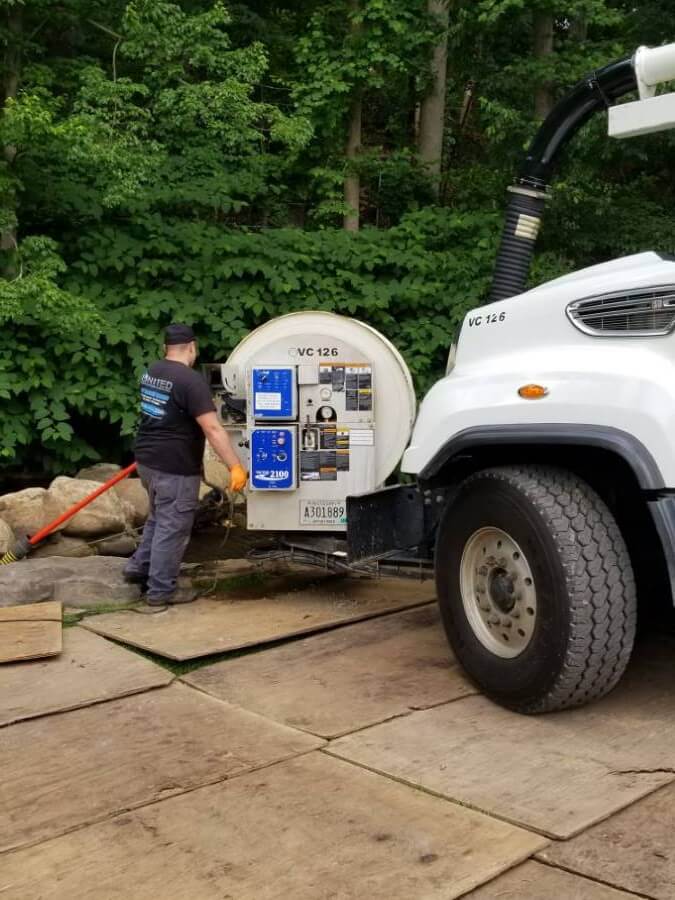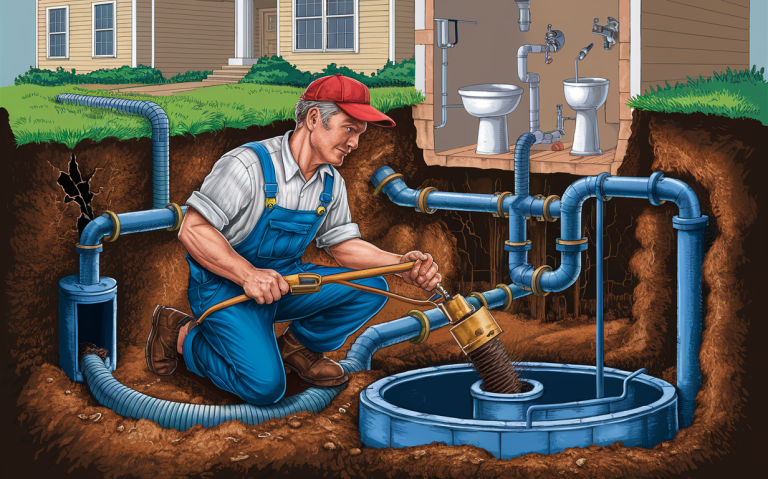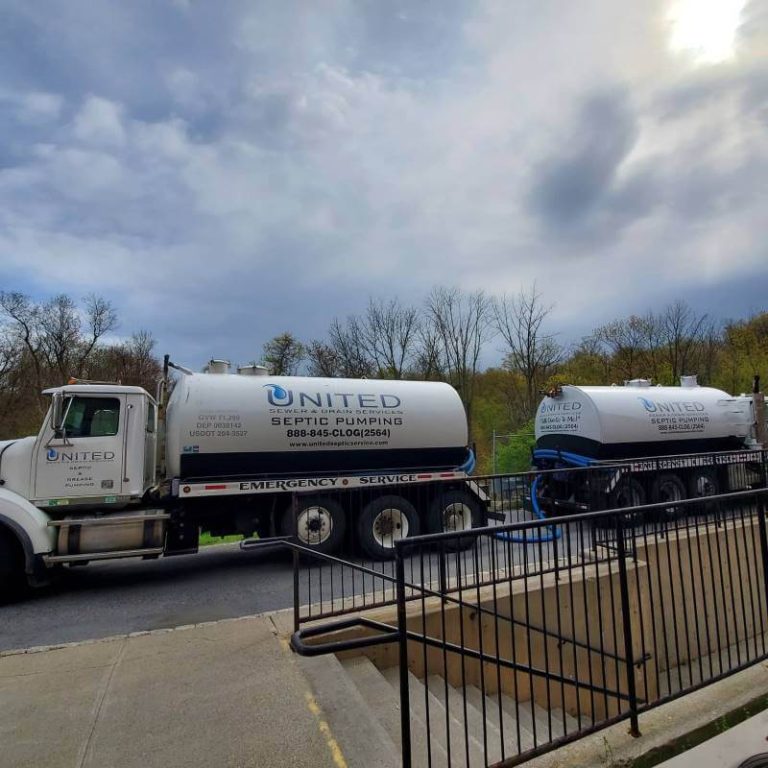You Need to Pump Your Septic Tank: Middletown’s Comprehensive Guide
You Need to Pump Your Septic Tank: Essential maintenance and learn why, when, and how to care for your wastewater system
You Need to Pump Your Septic Tank is a crucial task for maintaining a healthy and functioning septic system. For Middletown homeowners, regular septic tank pumping is not just a recommendation – it’s a necessity to prevent costly repairs and potential health hazards. Let’s break down why you need to pump your septic tank and how to do it right.
Table of Contents
Key takeaways:
- Regular septic tank pumping prevents system failures and expensive repairs
- The frequency of pumping depends on household size, water usage, and tank size
- Most Middletown homes need septic pumping every 3-5 years
- Professional inspection during pumping can catch early signs of problems
- Proper maintenance between pumpings extends the life of your septic system
Why You Need to Pump Your Septic Tank Atters
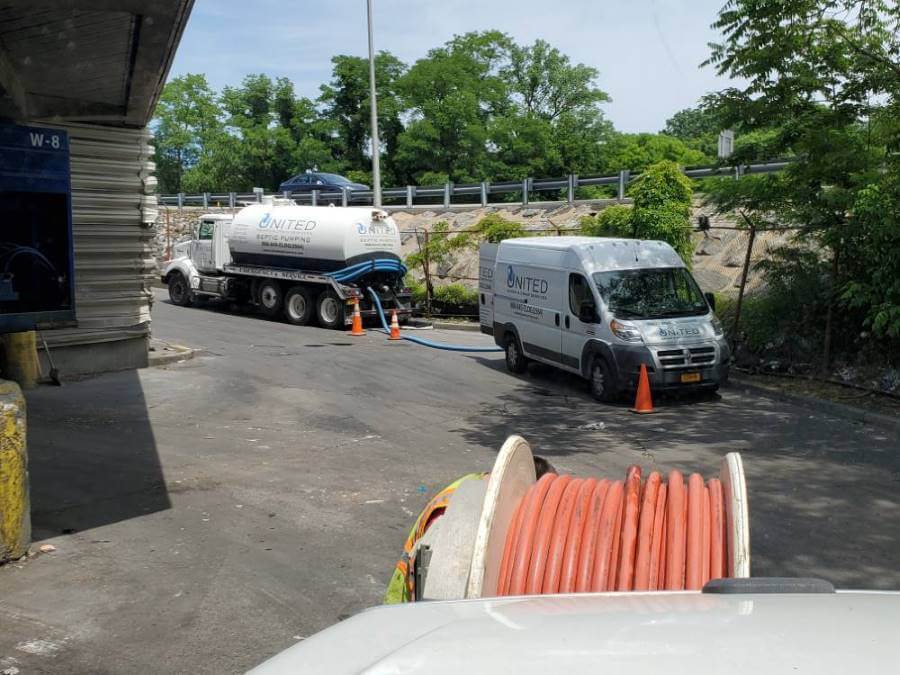
Septic tank pumping is like giving your car an oil change – it’s essential preventive maintenance. When you skip this vital task, you’re setting yourself up for a world of trouble. In Middletown, where many homes rely on septic systems, neglecting to pump can lead to backups, system failures, and even environmental contamination.
The buildup problem
Over time, solids settle at the bottom of your septic tank. This layer of sludge grows thicker with each flush and every sink drain. If left unchecked, this buildup can reach a point where it begins to flow into your leach field, clogging the soil and causing a system failure.
Protecting your wallet
Think of septic pumping as an investment. The cost of regular pumping is a fraction of what you’d pay for a full system replacement. In Middletown, where property values are tied to functional home systems, a well-maintained septic tank is a smart financial move.
Safeguarding your health
A failing septic system isn’t just gross – it’s dangerous. When wastewater backs up into your home or leaches into the groundwater, it brings a host of harmful bacteria and pathogens with it. Regular pumping helps keep these health risks at bay.
How often should you pump?
The million-dollar question for Middletown homeowners is: “How often do I need to pump my septic tank?” The answer isn’t one-size-fits-all, but there are some general guidelines to follow.
Factors affecting pumping frequency
Several factors influence how often you’ll need to pump:
- Household size: More people mean more waste
- Water usage: High water use fills the tank faster
- Tank size: Larger tanks can go longer between pumpings
- Garbage disposal use: These increase solid waste significantly
- Age of the system: Older systems may need more frequent care
The 3-5-year rule you need to pump your septic tank
For most Middletown homes, pumping every 3-5 years is a good rule of thumb. However, some households might need it more frequently, while others can go longer.
Signs you need to pump sooner
Don’t wait for trouble to come knocking. Watch out for these red flags:
- Slow-draining sinks and toilets
- Bad odors around drains or in the yard
- Wet spots in the lawn near the septic system
- Lush, overgrown grass over the drain field
The pumping process explained
Understanding what happens during a septic tank pumping can help you appreciate its importance and know what to expect.
Preparation steps
You Need to Pump Your Septic Tank before the pumping truck arrives, locate your septic tank, and ensure access is clear. Remove any obstacles like lawn furniture or potted plants. If your tank’s access port is buried, you might need to do some digging.
The pumping procedure
When the professionals arrive, they’ll:
- Open the septic tank lid
- Insert a large hose into the tank
- Use a powerful vacuum to remove the contents
- Inspect the tank’s interior for cracks or damage
- Check inlet and outlet baffles for proper function
- Clean the filters if your system has them
- Refill the tank with a small amount of water to restart bacterial action
Post-pumping inspection
After pumping, the technician should provide a report on your system’s condition. This is a great time to ask questions and get advice on maintaining your system.
DIY vs. professional pumping
While some homeowners might be tempted to tackle septic pumping as a DIY project, this is one job best left to the pros.
Why professional pumping is worth it
Professional septic services have the right equipment and expertise to do the job safely and thoroughly. They can also spot potential issues that an untrained eye might miss.
Risks of DIY pumping
Attempting to pump your septic tank can be dangerous. There’s a risk of:
- Exposure to harmful gases
- Tank collapse if not properly handled
- Incomplete removal of sludge
- Damage to the system components
Choosing a Middletown septic service
When selecting a septic service in Middletown, look for:
- Proper licensing and insurance
- Good reviews from local customers
- Fair and transparent pricing
- Comprehensive services beyond just pumping
Maintaining Your Septic System Between Pumpings
You Need to Pump Your Septic Tank regular pumping is crucial, but what you do between pumpings is just as important for keeping your septic system healthy.
Water conservation tips
You Need to Pump Your Septic Tank Reducing water use helps your septic system function better:
- Fix leaky faucets and running toilets promptly
- Install low-flow fixtures
- Spread out laundry loads throughout the week
- Take shorter showers
What not to flush
Your toilet isn’t a trash can. Avoid flushing:
- Wipes (even those labeled “flushable”)
- Feminine hygiene products
- Dental floss
- Cigarette butts
- Medications
Septic-safe cleaning products
Choose cleaning products wisely. Harsh chemicals can kill the beneficial bacteria in your tank. Opt for septic-safe alternatives or natural cleaners like vinegar and baking soda.
The cost of septic pumping in Middletown
Septic pumping costs in Middletown can vary, but understanding the factors that influence pricing can help you budget for this necessary expense.
Average pumping costs
In Middletown, you can expect to pay between $300 and $600 for a standard septic tank pumping. However, this can vary based on several factors.
Factors affecting cost
Several things can influence the cost of pumping:
- Tank size
- Accessibility of the tank
- Distance from the service provider
- Additional services needed (like filter cleaning)
- Time since the last pumping
Budgeting for regular maintenance
To avoid sticker shock, set aside a small amount each month for septic maintenance. This way, when it’s time to pump, you’re prepared.
Common septic system problems in Middletown
Middletown’s climate and soil conditions can create unique challenges for septic systems. Being aware of common issues can help you catch problems early.
Frozen systems in winter
Middletown’s cold winters can lead to frozen septic systems. This is often due to a lack of snow cover, compacted soil over the system, or irregular use of the system.
Tree root intrusion
The mature trees that make Middletown beautiful can wreak havoc on septic systems. Roots can crack tanks and clog pipes.
Soil compaction issues
Heavy traffic over your drain field can compact the soil, reducing its ability to filter wastewater effectively.
The environmental impact of proper septic maintenance
You Need to Pump Your Septic Tank. Maintaining your septic system isn’t just about protecting your property – it’s about being a good steward of Middletown’s environment.
Protecting local water sources
A well-maintained septic system helps protect Middletown’s groundwater and nearby water bodies from contamination.
Reducing your carbon footprint
Regular maintenance can improve your system’s efficiency, reducing the energy needed for wastewater treatment.
Supporting local ecosystems
By preventing sewage leaks, you’re helping to maintain the health of local plants and wildlife.
Septic System Regulations in Middletown
You Need to Pump Your Septic Tank: Essential maintenance for Middletown homeowners. Learn why, when, and how to care for your wastewater system and avoid costly repairs. Understanding local regulations can help you stay compliant and avoid fines or legal issues.
Local pumping requirements
While Middletown doesn’t mandate specific pumping intervals, the New York State Department of Health recommends pumping every 2-3 years.
Inspection regulations
Some areas of Middletown require septic inspections during property transfers. Check with the local health department for specific requirements.
Permits for system changes
If you need to repair or replace your septic system, you’ll likely need a permit from the Orange County Health Department.
New Technologies in Septic System Maintenance
The world of septic systems is evolving, and new technologies are making maintenance easier and more effective.
Smart monitoring systems
New sensors can alert you to potential problems before they become serious, helping you time your pumpings perfectly.
Advanced treatment systems
For homes with challenging site conditions, advanced treatment systems can provide better wastewater treatment and require less frequent pumping.
Eco-friendly additives
While not a replacement for pumping, some new bacterial additives can help maintain a healthy balance in your septic tank between pumpings.
When Pumping Isn’t Enough: Signs You Need a New System
Sometimes, pumping alone can’t solve your septic woes. Know when it’s time to consider a replacement.
Age of the system
Most septic systems last 20-30 years. If yours is approaching this age, start planning for replacement.
Frequent backups
If you’re experiencing backups even after regular pumping, there may be deeper issues with your system.
Changes in household size
If your family has grown significantly since your system was installed, you might need a larger capacity system.
The long-term benefits of regular septic pumping
Regular septic tank pumping is a small price to pay for the peace of mind and long-term savings it provides. By staying on top of this essential maintenance task, Middletown homeowners can protect their property, their health, and their local environment.
Remember, a well-maintained septic system is an invisible asset that adds value to your home and contributes to the overall well-being of our community. You Need to Pump Your Septic Tank: Essential maintenance for Middletown homeowners.
Learn why, when, and how to care for your wastewater system and avoid costly repairs. Don’t wait for problems to arise – schedule your next septic pumping today and enjoy the benefits of a healthy, efficient septic system for years to come.
| Tank Size (Gallons) | Household Size | Recommended Pumping Frequency |
|---|---|---|
| 750 | 1-2 people | Every 4 years |
| 1000 | 3-4 people | Every 3 years |
| 1250 | 5-6 people | Every 2 years |
| 1500 | 7-8 people | Every 1-2 years |
| Maintenance Task | Frequency | Importance |
|---|---|---|
| Inspect system | Annually | High |
| Pump tank | 3-5 years | Critical |
| Clean filter | Annually | Medium |
| Water conservation | Daily | High |
| Avoid harsh chemicals | Always | High |
- Signs your septic system needs immediate attention:
- Sewage odors inside or outside the home
- Wet, spongy ground around the drain field
- Slow-draining fixtures throughout the house
- Gurgling sounds in the plumbing system
- Sewage backing up into household drains


